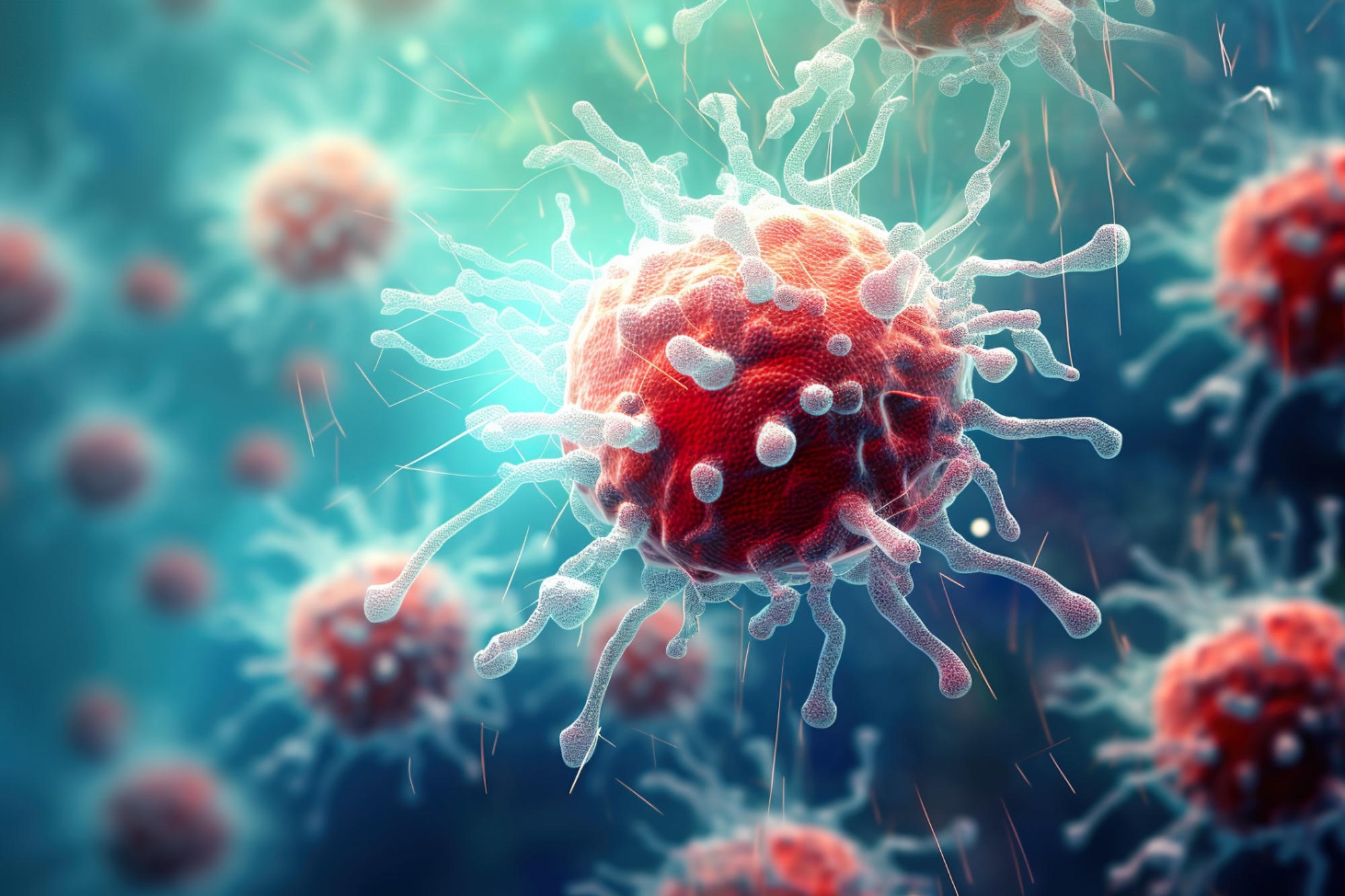In recent years, the field of genetic testing has experienced rapid advancements, particularly in the context of cancer diagnosis and treatment. As we step into 2025, the landscape of oncogenetics is poised on the brink of transformative breakthroughs that promise to revolutionize cancer care. This article explores the top breakthroughs in genetic testing for cancer, highlighting their implications and potential to reshape the future of oncology.
1. Precision Oncogenomics: Tailoring Treatment to Genetic Profiles
One of the most significant breakthroughs in 2025 is the refinement of precision oncogenomics. This approach involves tailoring cancer treatment strategies based on the unique genetic profile of an individual’s tumor. Advances in sequencing technologies have made it possible to rapidly and accurately decode the genetic mutations driving cancer in a patient. By understanding these mutations, oncologists can prescribe therapies that specifically target the aberrant genes, enhancing treatment efficacy and minimizing side effects.
The integration of artificial intelligence (AI) and machine learning models in analyzing genetic data has further accelerated the identification of actionable mutations. These technologies can sift through vast datasets to pinpoint genetic anomalies and predict patient responses to various treatments. As a result, precision oncogenomics is not only improving outcomes but also paving the way for more personalized and effective cancer therapies.
2. Liquid Biopsies: Non-Invasive Cancer Detection
Liquid biopsy technology has emerged as a game-changer in the early detection and monitoring of cancer. Unlike traditional biopsies, which require invasive procedures to obtain tissue samples, liquid biopsies analyze circulating tumor DNA (ctDNA) found in a patient’s blood. In 2025, advancements in this technology have significantly enhanced its sensitivity and specificity, allowing for the detection of cancer at its earliest stages.
The ability to detect cancer through a simple blood test holds immense promise for improving survival rates. Early detection not only increases the chances of successful treatment but also reduces the need for aggressive interventions. Furthermore, liquid biopsies enable continuous monitoring of cancer progression and treatment response, providing valuable insights for adjusting therapeutic strategies in real-time.
3. Polygenic Risk Scores: Assessing Cancer Susceptibility
Polygenic risk scores (PRS) represent another groundbreaking development in genetic testing for cancer. These scores are calculated by analyzing multiple genetic variants across an individual’s genome to assess their risk of developing specific types of cancer. In 2025, the refinement of PRS has allowed for more accurate predictions of cancer susceptibility, empowering individuals to make informed decisions about their health.
By identifying individuals at high risk for certain cancers, healthcare providers can implement targeted screening programs and preventive measures. This proactive approach not only aids in early detection but also reduces the overall burden of cancer on healthcare systems. As PRS becomes more integrated into routine clinical practice, it has the potential to transform cancer prevention strategies on a global scale.

4. Epigenetic Profiling: Unraveling Cancer’s Hidden Layers
Epigenetic changes, which involve modifications to DNA that do not alter the genetic code itself, play a crucial role in cancer development. In 2025, advancements in epigenetic profiling have provided new insights into the complex mechanisms driving cancer. By analyzing epigenetic markers, researchers can identify patterns associated with specific cancer types, aiding in early diagnosis and treatment selection.
Epigenetic profiling has also opened new avenues for therapeutic interventions. Drugs targeting epigenetic modifications are being developed, offering novel treatment options for cancers that were previously difficult to manage. As our understanding of the epigenetic landscape of cancer deepens, it holds the promise of unveiling new targets for intervention and improving patient outcomes.
5. Integration of Multi-Omics Approaches
The integration of multi-omics approaches, which combine genomic, transcriptomic, proteomic, and metabolomic data, represents a holistic approach to understanding cancer biology. In 2025, the convergence of these technologies has enabled a more comprehensive analysis of tumor biology, leading to the identification of novel biomarkers and therapeutic targets.
By examining the interplay between different molecular layers, researchers can gain a deeper understanding of the complex networks driving cancer progression. This integrated approach not only enhances diagnostic accuracy but also facilitates the development of combination therapies tailored to the unique molecular profile of each tumor. As multi-omics approaches become more accessible, they are expected to play a pivotal role in advancing personalized cancer treatment.
6. CRISPR-Based Diagnostics: Revolutionizing Genetic Testing
CRISPR technology, originally developed for gene editing, has found new applications in the field of genetic testing for cancer. In 2025, CRISPR-based diagnostics have emerged as powerful tools for detecting genetic mutations associated with cancer. These diagnostics offer rapid, accurate, and cost-effective solutions for identifying cancer-related genetic alterations.
The versatility of CRISPR technology allows for the detection of a wide range of mutations, including those that are challenging to identify with traditional methods. This breakthrough has the potential to streamline the diagnostic process, enabling faster and more precise identification of cancer-driving mutations. As CRISPR-based diagnostics continue to evolve, they are set to become integral components of cancer genetic testing.
7. Ethical and Social Implications
While the advancements in genetic testing for cancer hold immense promise, they also raise important ethical and social considerations. The ability to predict cancer risk and tailor treatments based on genetic information necessitates careful consideration of privacy, consent, and data security. Ensuring that patients fully understand the implications of genetic testing and have access to appropriate counseling is crucial for responsible implementation.
Moreover, addressing disparities in access to genetic testing is essential to ensure that these breakthroughs benefit all populations. Efforts to democratize access to cutting-edge genetic testing technologies must be prioritized to prevent widening health inequities.
Conclusion
As we delve deeper into 2025, the breakthroughs in genetic testing for cancer are reshaping the landscape of oncology. From precision oncogenomics to liquid biopsies, polygenic risk scores, and CRISPR-based diagnostics, these advancements are paving the way for more personalized, effective, and accessible cancer care. While challenges remain, the potential to transform cancer diagnosis, treatment, and prevention is undeniable. As researchers, clinicians, and policymakers continue to collaborate, the future of cancer genetic testing holds the promise of improved outcomes and enhanced quality of life for patients worldwide.




